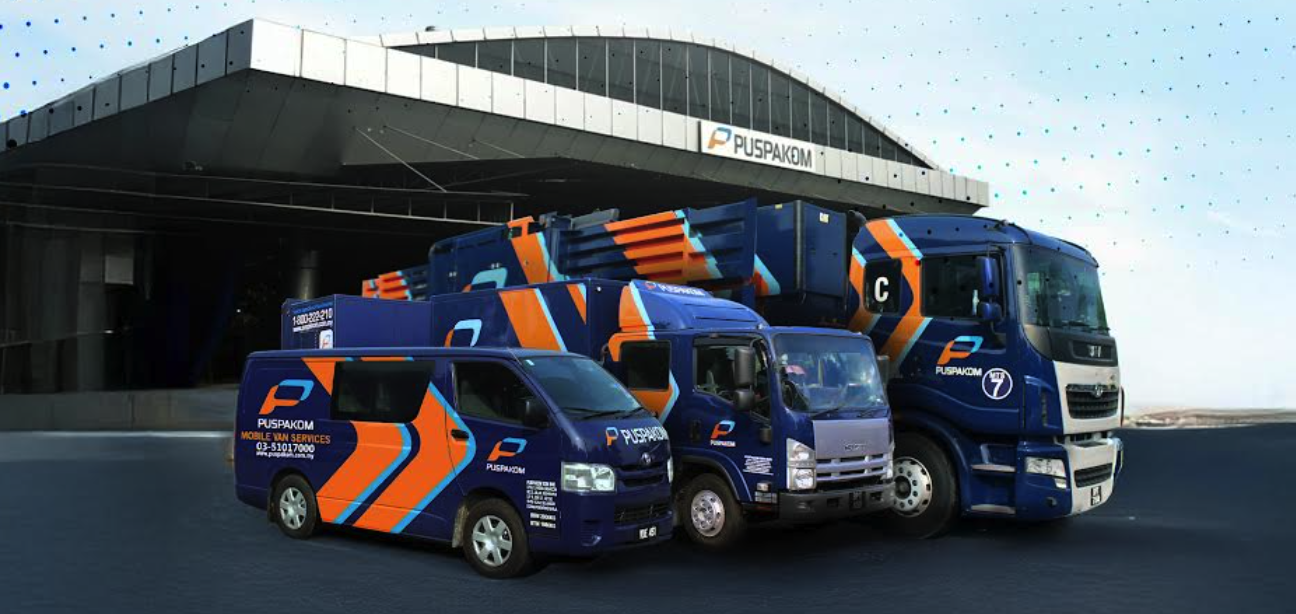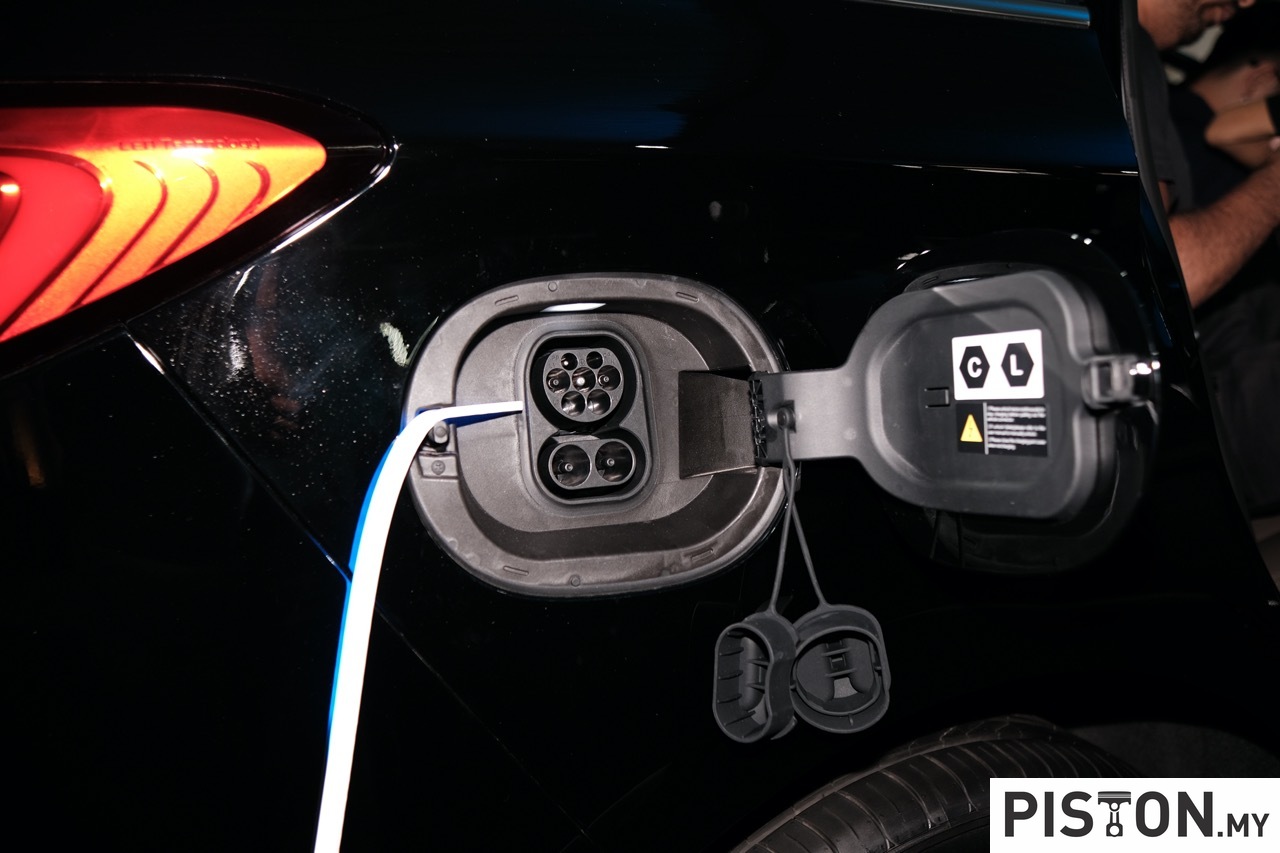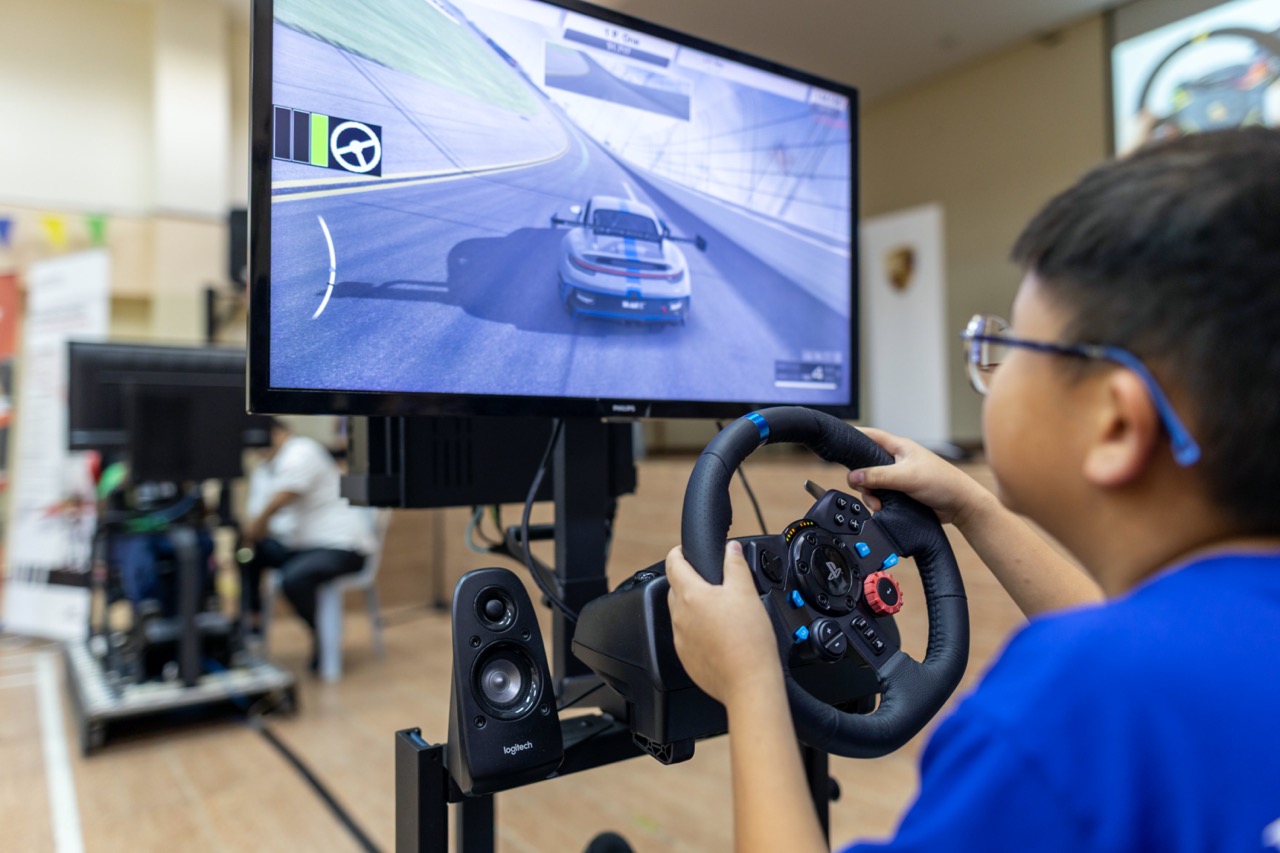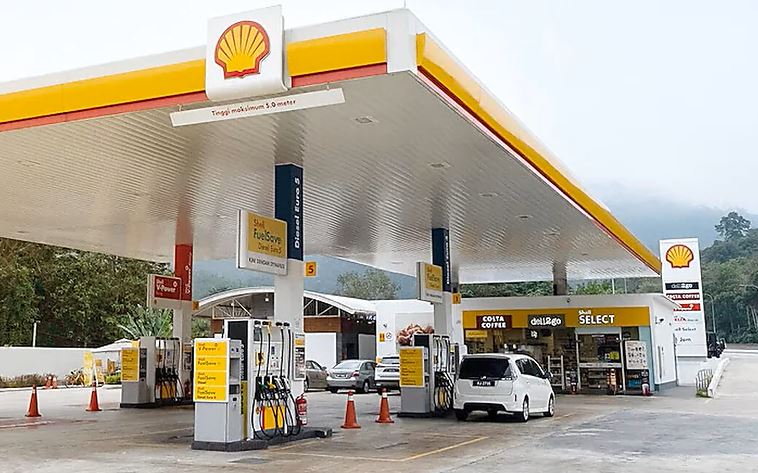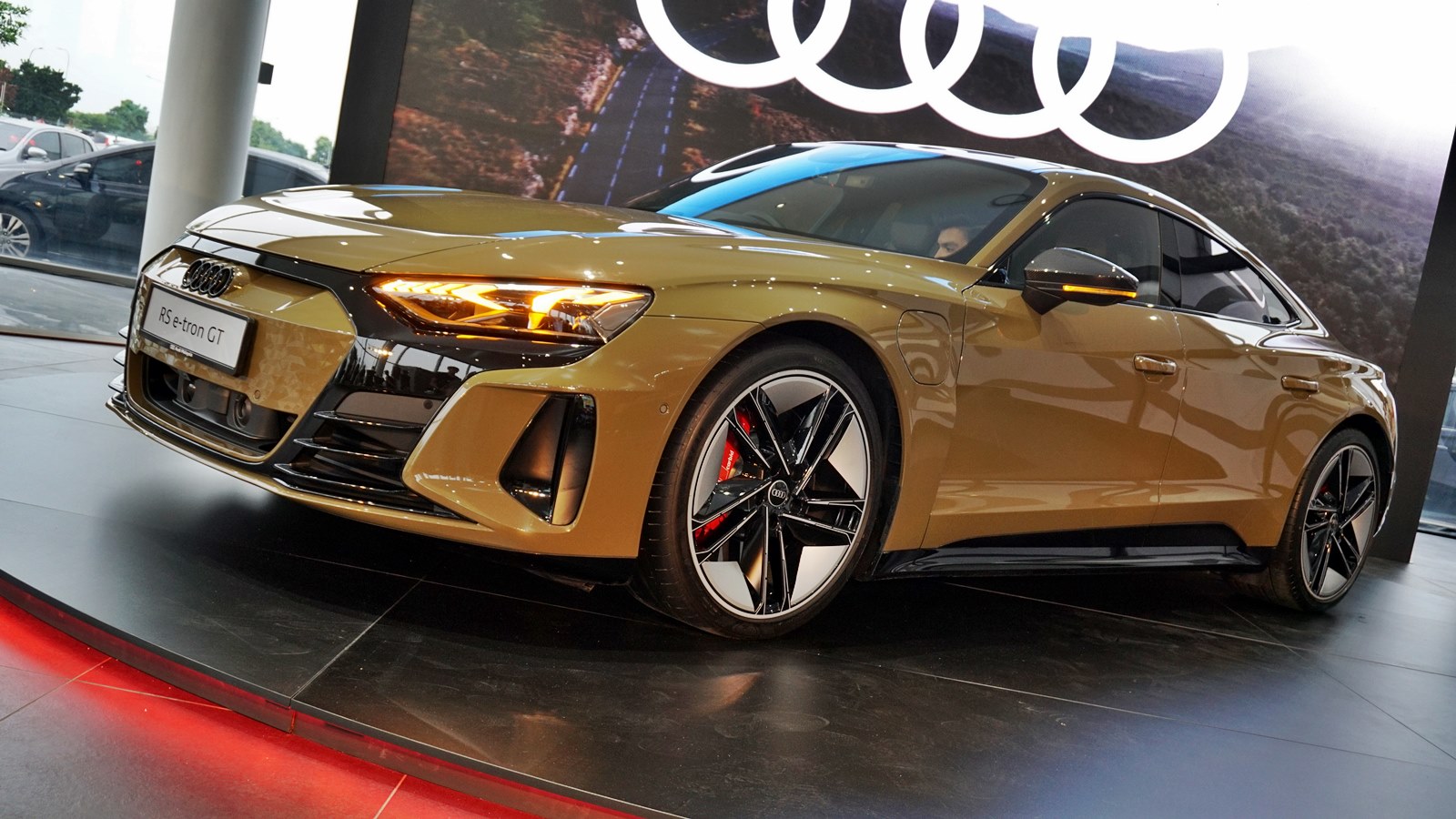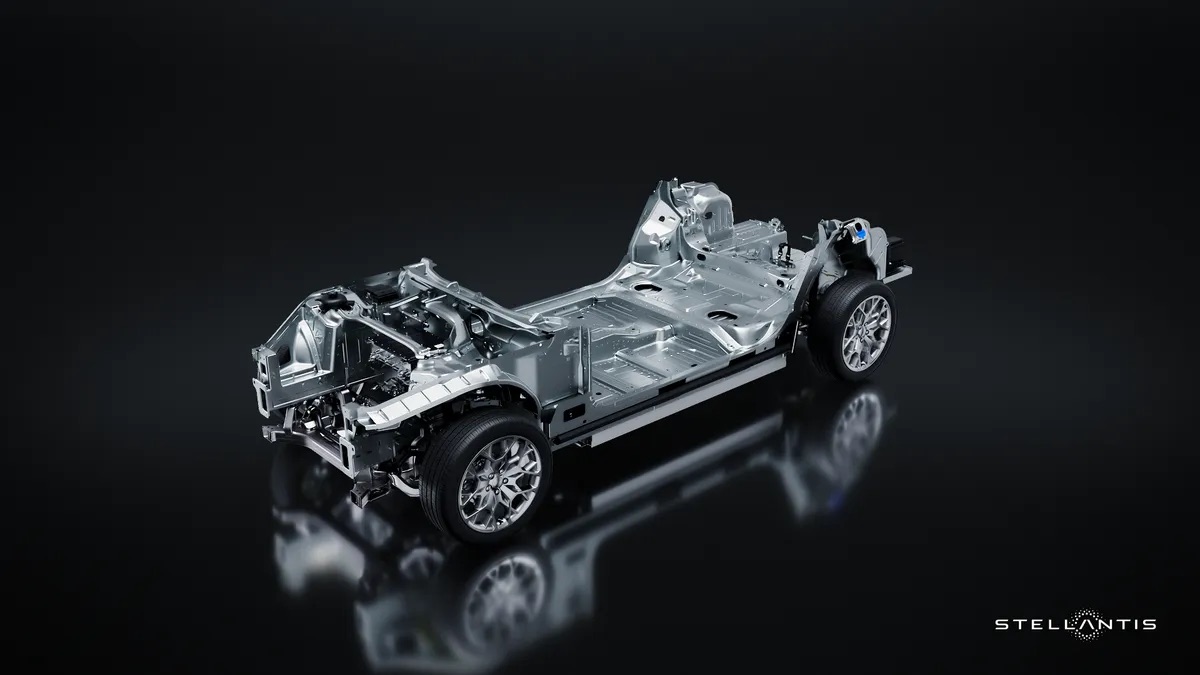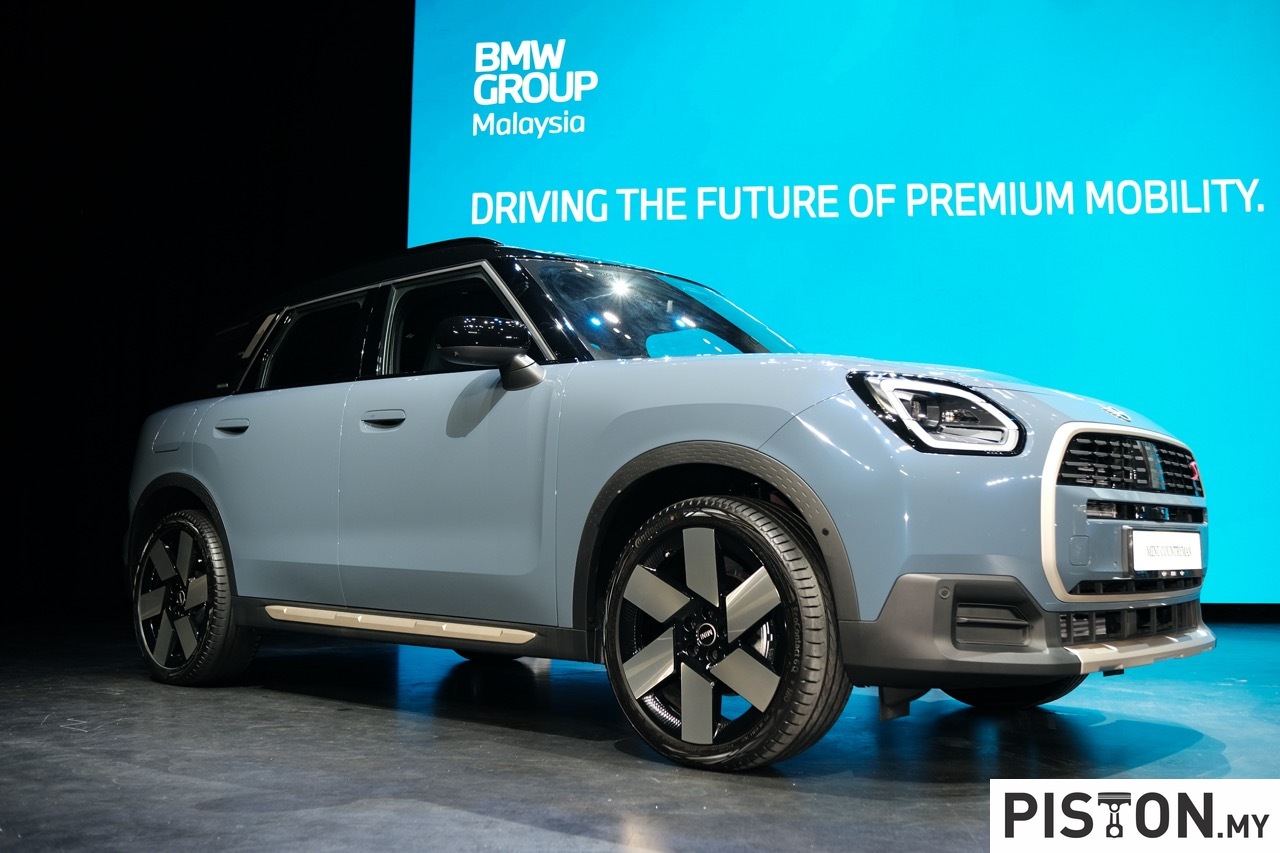Yoshihiro Hidaka, president and CEO of Yamaha Motor, has backed hydrogen as a practical and clean way to achieve carbon neutrality and said the company would develop it as a fuel source.
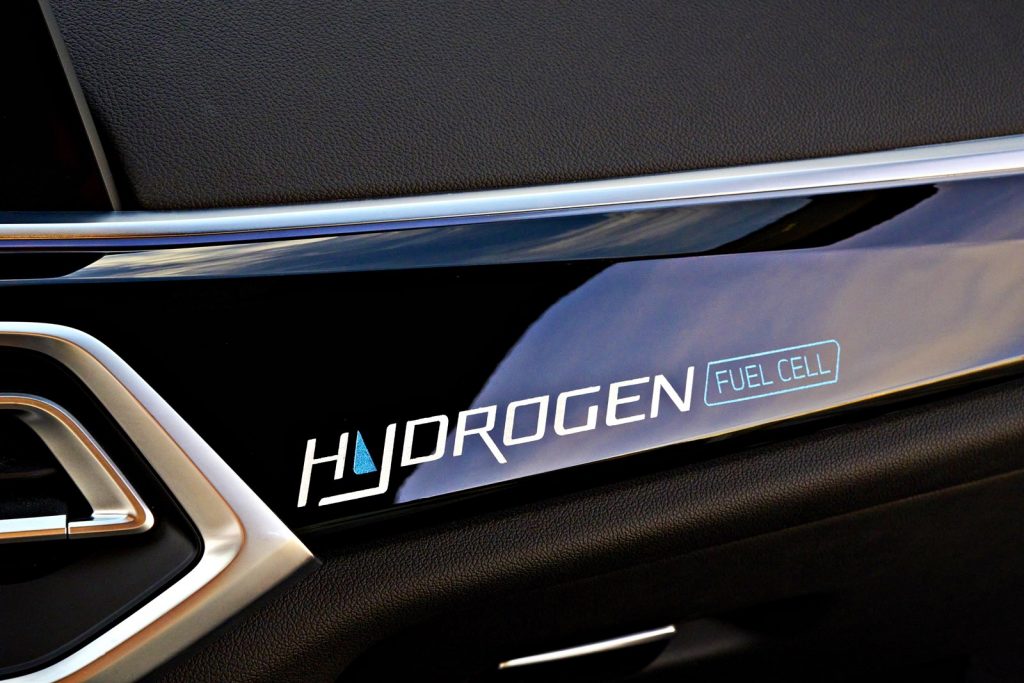
A multi-strategy approach to decarbonization has long been promoted by Japan’s automobile sector, which employs 5.5 million people domestically. One of those groups included Toyota Motor, the largest automaker in the world.
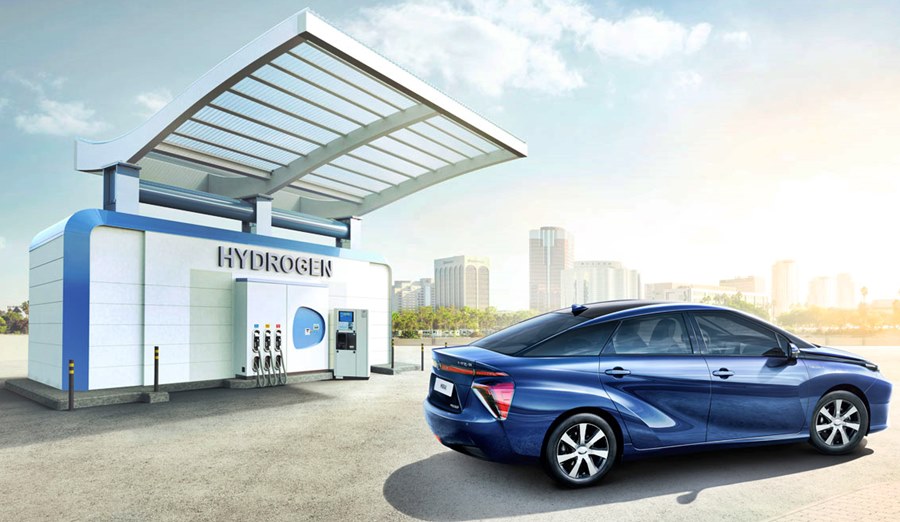
Multi-pathway has long been the guiding principle in the Japanese auto industry, yet whenever it was discussed, it garnered criticism. Hidaka pushed to “jointly appeal” their strategy, which has come under assault as battery-based electric vehicles (EV) manufacturers like Tesla and China’s BYD become more prominent, during the G7 conference in Hiroshima in May alongside other business leaders.
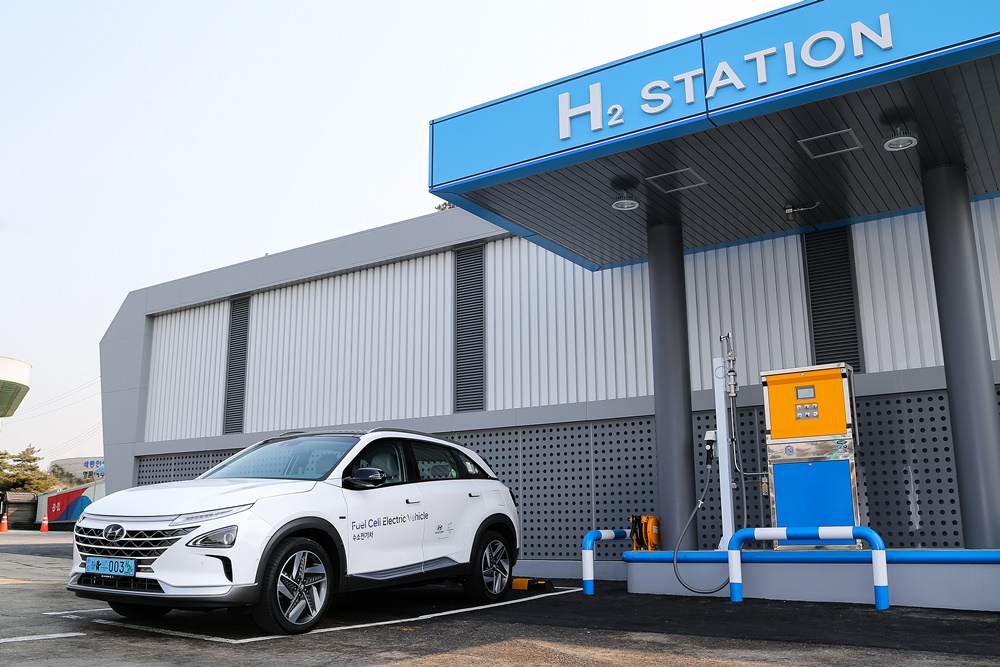
There were very few Japanese two-wheeler manufacturers testing hydrogen technology in addition to electric technology. Hidaka and the team, therefore, assumed the initiative and constructed the facility to test battery technology, hydrogen, and carbon-neutral fuel.

Yamaha created hydrogen-powered combustion engines for Toyota’s Corolla H2 Concept, which entered a 24-hour race at Fuji International Speedway in Shizuoka in May and became the first liquid hydrogen race car in history.
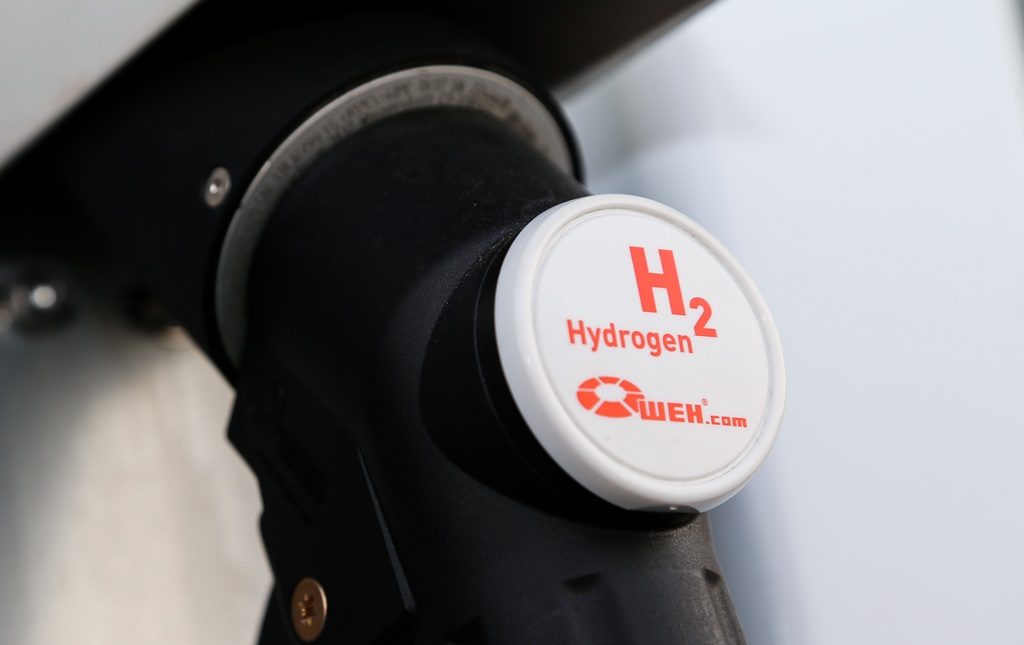
In the same month, the government gave Yamaha and three other motorcycle manufacturers — Honda, Suzuki, and Kawasaki Motors — permission to establish a technological research organisation in order to collaborate on the development of hydrogen-powered engines for smaller mobility vehicles. Toyota will educate the association on hydrogen, according to Hidaka.
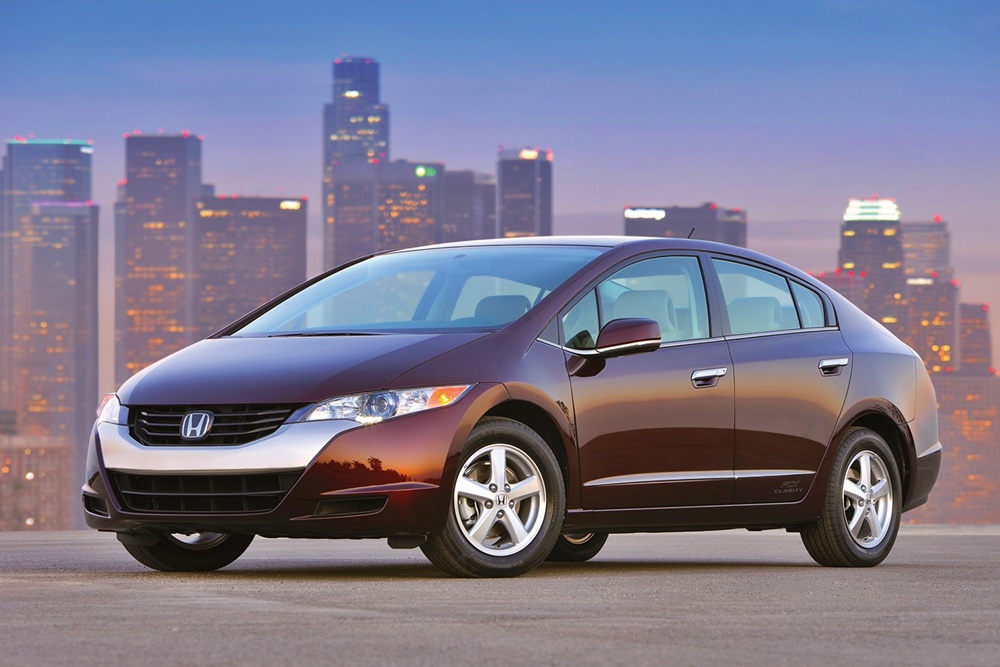
A hydrogen-powered car would require more frequent charging due to its flammable nature and lack of fuel efficiency. Positively, the tank may be filled significantly more quickly. Hydrogen fuel cells, which produce energy and can be used to power electric motors, are more frequently employed than burning hydrogen in engines, which remains a specialist technology.
Yamaha is also aiming for the creation of “e-fuel” that is created by synthesising carbon dioxide and hydrogen. It would assist many of the manufacturers and suppliers who are a part of the industry in Japan stay in place because the design of engines using petrol, hydrogen, or e-fuel can be comparable.
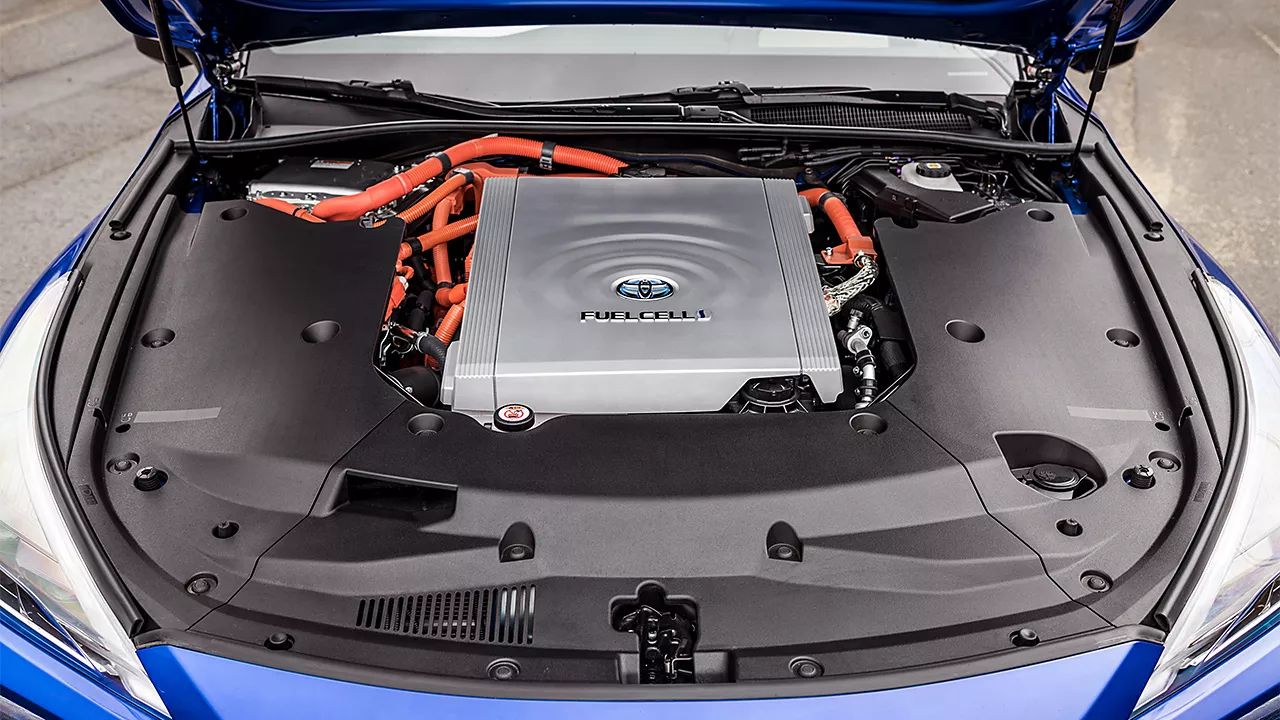
Toyota has been dabbling in hydrogen power in Malaysia as well. Back in January of this year, Sarawak deputy Premiers received hydrogen-powered Toyota Mirai’s and this was the 2nd generation of the FCEV which actually went on sale in Japan at the end of 2020. The combined output of the electric motors is 154PS and on a full tank of hydrogen, the Mirai can travel up to 500km.
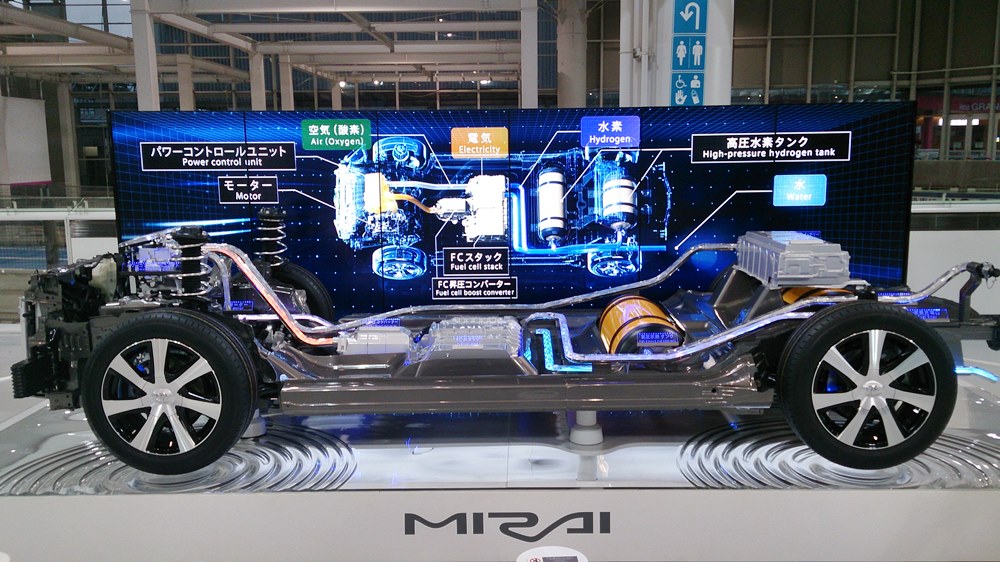
So far, there have not been any reported issues about the cars, so is it safe to say that hydrogen-powered fuel cells are the way to go? Besides the Japanese manufacturers, other car makers like BMW and even Rolls Royce have voiced their support for hydrogen power.






